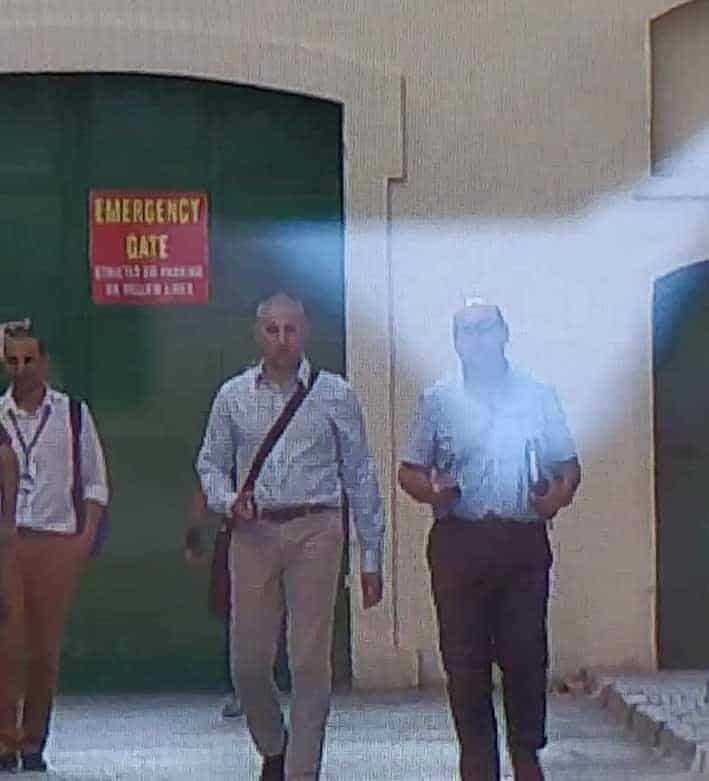
Strike while the iron is cold. The night Ali Sadr snuck out of the back door of his own bank carrying bags quite possibly containing evidence of a crime, the chief of police finished watching his football team on the screen of a roadside restaurant and went to bed before waking up to instructions to raid the bank.
This week the offices of Portmann Capital were raided two days after a government leak to the newspapers said they were suspected of rampant money laundering. The policy of giving suspects time to scrub the scene of the crime appears to have improved, from the point of view of the suspect.
But consider Karl Cini’s interrogation at police headquarters yesterday. It comes more than two years after the Panama Papers confirmed stories published by Daphne Caruana Galizia that he and his firm were up to no good. That’s a lot of advanced notice.
This week I wrote in a piece about the Portmann Capital raid how our laws make it an offence for anyone in a position to suspect money laundering to tip off the suspect. Say you’re an accountant and you’ve figured out your client is quite possibly laundering money they should not have. It is an offence to even let on that you’re understanding what’s going on. You could go to prison if you do.
That isn’t the case with other very serious crimes. You’re not expected to pretend you haven’t noticed if someone commits murder in your presence. You don’t go to prison if you tell the murderer you’re running to the police station.
Every criminal can and will try to cover their tracks. It’s just much easier to wipe your trails if your crime is money laundering.
Sometimes someone smart on Facebook reacting to this commentary will point out the obvious: that I am not a qualified expert in any of this so why should I presume to teach the police their job.
I’m not and I don’t.
I do understand that those investigating officers who decided Karl Cini’s return from his August holiday would be a good time to ask him questions about matters that we all know occurred two years ago were making a conscious choice. What I cannot help thinking is that their conscious choice was not necessarily intended to secure a conviction.
We will be told that the interrogation happened at this juncture because it is a consequence of the conclusion of the Egrant inquiry; which is rubbish. If the matter discussed at yesterday’s interrogation was discovered during the inquiry, the police knew about it well before the completion of the report. They were in the room during the proceedings and when police are aware of a crime they are expected to act unless the chances of conviction are improved by waiting. Not the case here for the reasons explained above.
And in any case, the Egrant inquiry was actually launched more than a year after allegations about activities at Nexia BT were out and the police absolutely do not need to wait for an inquiry to start investigations.
It is impossible to stop oneself thinking Karl Cini’s interrogation (and we can expect Brian Tonna had or will yet have an appointment at police headquarters) are a public act of going through the motions intended to diffuse the general anger at the complete impunity with which the two, along with the rest of the Panama Gang, have been moving around these last two years.
We will then be told that nothing wrong was found — duh — and the rest of us can be slapped around for ‘inventing a lie’.
Are we still expected to take everything at face value?
The photo is from The Malta Independent.